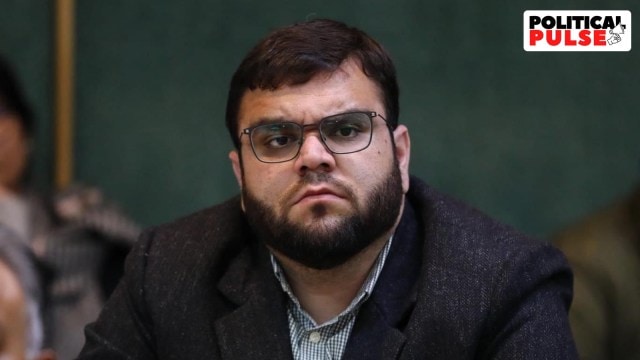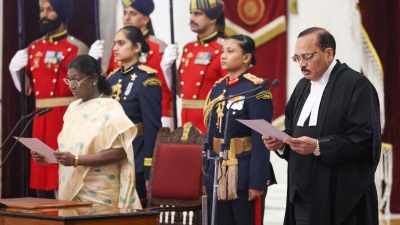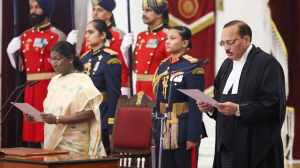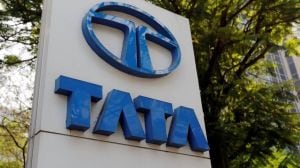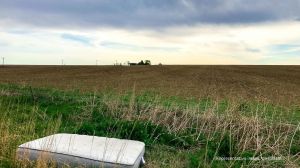THE ENTRY of Aga Syed Muntazir Mehdi in the electoral fray in Jammu and Kashmir on the ticket of the Peoples Democratic Party (PDP) is significant as he is the son of prominent Shia cleric and Hurriyat leader Aga Syed Hassan Mosavi.
The Aga family is one of the three prominent Shia clergy families in Kashmir, the others being those of the late Iftikhar Ansari and the late Abbas Ansari. Mosavi holds considerable religious and political sway in central Kashmir’s Budgam district.

On Wednesday, the PDP announced Mehdi as its candidate for the Budgam Assembly seat. In the past, the constituency has been represented by Mehdi’s cousin Aga Syed Ruhullah, who incidentally was elected to Parliament from Srinagar in the recent Lok Sabha elections.
In 2014, Ruhullah had defeated the PDP’s Muntazir Monhidin to win the Budgam seat, by a narrow margin of less than 3,000 votes.
The two streams of the family have always conducted independent politics, which could be one reason why Mehdi chose the PDP as Ruhullah has been a senior leader in the rival NC. Earlier, while Ruhullah’s family aligned itself with mainstream politics – Ruhullah’s father Aga Syed Mehdi was killed by militants — Mehdi’s father Aga Hassan was seen as closer to separatists.
Aga Hassan-led Anjuman-E-Sharie Shian, a Shia social, religious and political organisation, remains a part of the Hurriyat Conference led by Mirwaiz Umar Farooq. Mehdi is also a strong voice in the outfit and heads its non-profit wing that organises blood donations.
On Tuesday, as he was personally welcomed into the PDP by its president and former chief minister Mehbooba Mufti, Mehdi said: “I am not here for a position of power but to raise my voice for marginalised youth. I look forward to working for the constitutional protections and civic rights of my constituency.”
Story continues below this ad
Speaking to The Indian Express, Mehdi said his decision to enter mainstream politics was influenced by the current political, social and religious situation in Jammu and Kashmir. “Our present is difficult, our future is uncertain and there are questions from our past. We need to talk about it, and for that I needed a platform,” Mehdi said.
“We needed an alternative path, where we could talk and get Kashmir out of this difficulty. I am openly talking to you about issues this time, because I have a platform. It was not possible without that,” he added.
Mehdi also said that he saw his views reflected in the PDP’s manifesto. “I have a background that comes from resistance (movement)… When we look at the manifestos of political parties, only the PDP has owned the Kashmir issue. The PDP has said that what happened on August 5, 2019, was a problem, but the real problem is beyond that, and it is the Kashmir issue itself. The other parties talk about dialogue and talks, without talking about the real issue.”
For the PDP, the entry of Mehdi is likely to give it a boost in central Kashmir, a region where it has been struggling to get a foothold since many of its leaders left. Mehdi’s presence is expected to impact the outcome in at least two other seats around Budgam.
Story continues below this ad
While the Shias in the Valley have never formed an exclusive political party and are spread across the political spectrum – from the NC to PDP and Congress – traditionally they are known to consolidate behind a Shia candidate irrespective of their political or dynastic affiliations. This is likely to give Mehdi an edge, especially as Ruhullah, being an MP, is not in the Assembly race.

